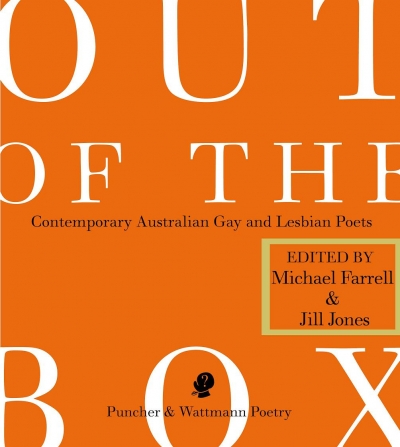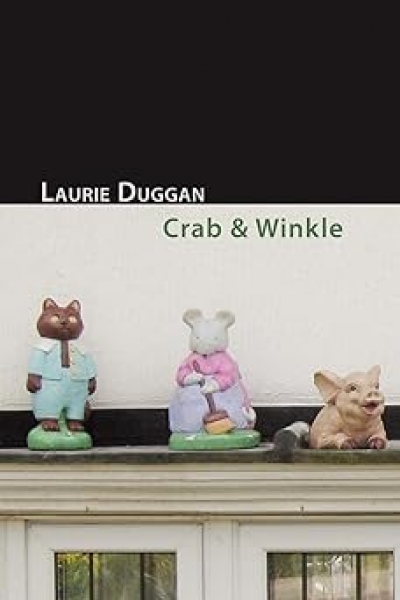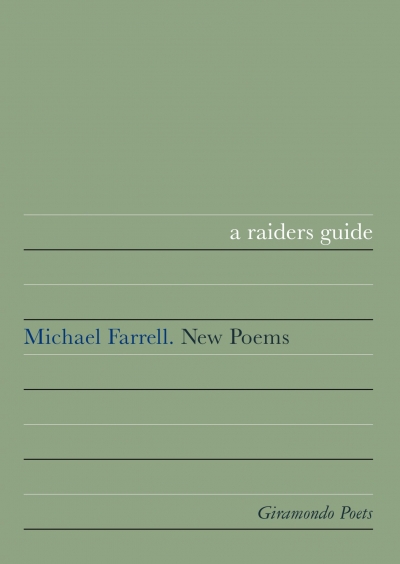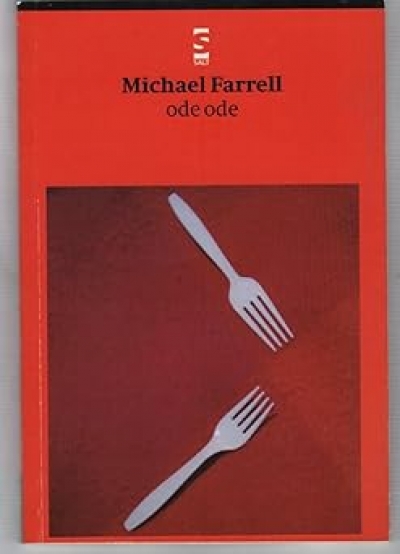Michael Farrell
Out Of The Box: Contemporary Australian gay and lesbian poets edited by Michael Farrell and Jill Jones
by Gregory Kratzmann •
Crab & Winkle: East Kent & Elsewhere, 2006–2007 by Laurie Duggan
by Michael Farrell •
the gardens dyed silver. finally he was
less keen like an eaten bird, it wasnt my thing
the path diverged off course to a camp.
you were willing to grow a pomegranate inside.
here they were gods people with their quiet domestics,
the redheads were nicer however. the pram, was full with a baby,
‘dreaming’ of white museums. & white art.
... (read more)



